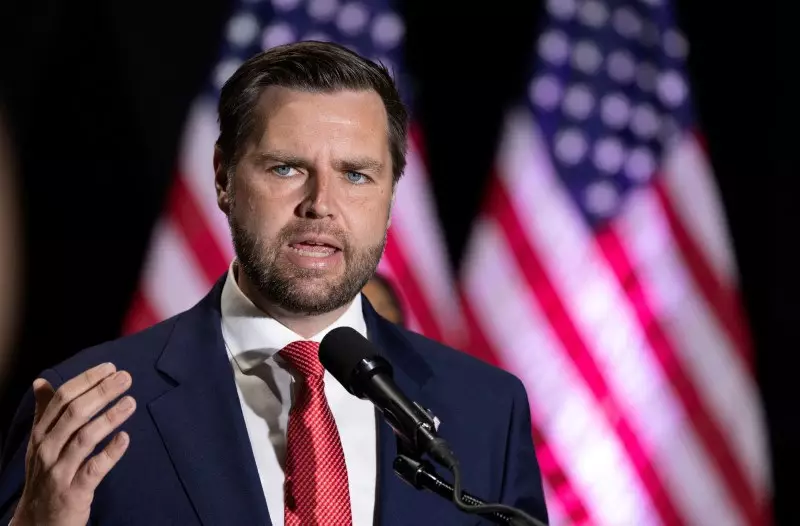In a recent interview with CNN, Republican U.S. vice presidential candidate JD Vance expressed his support for Donald Trump’s stance on giving presidents a say in Federal Reserve Board policy-making. Trump’s belief is rooted in the idea that political leadership should play a larger role in determining the country’s monetary policy. This has sparked a debate on the independence of the Federal Reserve and the potential consequences of injecting politics into its decision-making process.
While the president nominates members of the Federal Reserve Board, previous administrations have generally maintained the belief that White House interference in the Fed’s monetary decisions could lead to short-term political pressures that may harm the economy in the long run. Despite this, presidents have occasionally expressed dissatisfaction with the Fed’s stance on monetary policy. Trump’s remarks suggest a departure from the traditional view that the Fed should operate as an independent policy-making institution.
During a press conference, Trump outlined his argument for greater presidential influence on the Federal Reserve, citing his own business success as evidence of his superior instincts compared to members of the Fed. Vance echoed this sentiment, stating that elected leaders should have a say in crucial decisions affecting the country. While this represents a significant departure from the established stance on Fed independence, it brings into question the implications of making monetary policy a political battleground.
In response to Trump’s comments, Democratic presidential nominee Kamala Harris vehemently opposed the idea of presidential interference in the Federal Reserve’s decisions. She emphasized the importance of the Fed’s independence as a key pillar of economic stability. This highlights the sharp divide between Republicans and Democrats on the issue of central bank autonomy and the potential risks of politicizing monetary policy.
Against the backdrop of rising inflation in the wake of the COVID-19 pandemic, the Federal Reserve began raising interest rates in March 2022 to curb inflationary pressures. These rate hikes directly affect borrowing costs for consumers and businesses, shaping the overall economic landscape. With inflation rates fluctuating and investors anticipating a shift in the Fed’s approach, the debate over presidential influence adds a layer of complexity to the economic outlook.
The discussion on presidential influence over the Federal Reserve coincides with the controversial “2025 Presidential Transition Project,” which proposes significant changes to the federal government in the event of a Trump victory. Among its recommendations is the establishment of a commission to reevaluate the Federal Reserve’s mission and regulatory framework. This underscores the broader agenda of rethinking the roles and responsibilities of key institutions within the government.
The debate over presidential influence on Federal Reserve policy raises fundamental questions about the division of powers and the role of politics in shaping economic decisions. While Trump and Vance advocate for greater input from elected leaders, opponents like Harris emphasize the importance of maintaining the Fed’s independence. As the conversation evolves, the implications of politicizing monetary policy remain a point of contention and uncertainty in the economic landscape.

